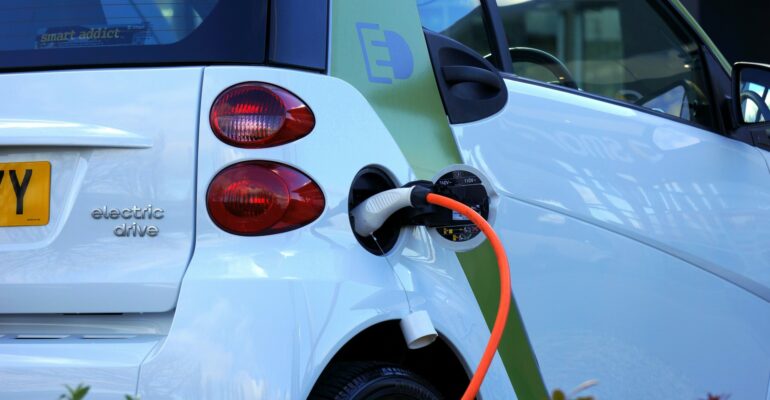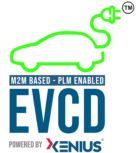Transition to EVs can deliver real freedom
August 16, 2022 2022-08-16 9:51Transition to EVs can deliver real freedom

Transition to EVs can deliver real freedom
INTRO: India is celebrating 75 years of Independence from British colonists, but economic freedom is still a distant, yet achievable dream. Electric Vehicles are a solution to lower oil imports to a large extent and also curtail the ability of other nations to manipulate the Indian government’s policies to their advantage. A collaborative effort between public and private sector to increase the reach and viability of EVs in India will pave the future for self-reliance.
The GOI has identified Electric Vehicles (EV) as a perfect replacement for Internal Combustion Engine (ICE)-based vehicles because they emit no pollution
To improve the country’s EV charging infrastructure, India requires a collaborative effort from both the government and private companies
As India prepares to celebrate its 76th Independence Day, the Government is working to reduce India’s reliance on oil imports from the Middle East and the USA to make the country self-sufficient. India’s GDP (Gross Domestic Product) suffers greatly as a result of massive oil imports. Because of India’s low GDP, foreign investors are hesitant to invest, lowering the country’s ranking in Ease of Doing Business (EoDB) index.
As demand for gasoline and diesel grows, so does India’s dependence on other countries. For the most part, our oil imports are at the mercy of other oil-rich nations such as Saudi Arabia, Iran, Iraq, and the US. Because crude oil is traded globally in US dollars, its value has increased exponentially while the value of INR (Indian Rupe) has decreased many fold.
Despite the Government of India’s significant efforts to reduce the need for gasoline and diesel, little progress has been made. The Government implemented a number of policies to reduce the use of gasoline, but they were all ineffective. The GOI also pushed for the use of CNG and ethanol blending in oil to reduce oil consumption, but nothing significant was accomplished.
The GOI has identified electric vehicles (EV) as a perfect replacement for Internal Combustion Engine (ICE)-based vehicles because they emit no pollution. EVs have two advantages. The first is that they will significantly reduce oil imports. Second, it will benefit the environment by lowering pollution levels, particularly in cities with a large number of ICE-powered vehicles.
Many policies have been implemented by the government to increase EV sales in India. It launched the FAME (Faster Adoption and Manufacture of Hybrid and Electric Vehicles) scheme in India to educate the Indian public about the advantages of EVs over traditional ICE-powered vehicles. The government is also providing various tax benefits and subsidies to encourage the sale of electric vehicles in India.
To improve the country’s EV charging infrastructure, India requires a collaborative effort from both the Government and private companies. This will not only relieve consumers of range anxiety, but will also increase EV sales in India. It will benefit both the government and the automobile industry.
It may be the 75th anniversary of Independence, but India will not be completely free as long as we are dependent on other countries that can manipulate our policies to their advantage. This is why it is critical for us to become self-sufficient, which begins with the transition from ICE-based vehicles to EVs.


